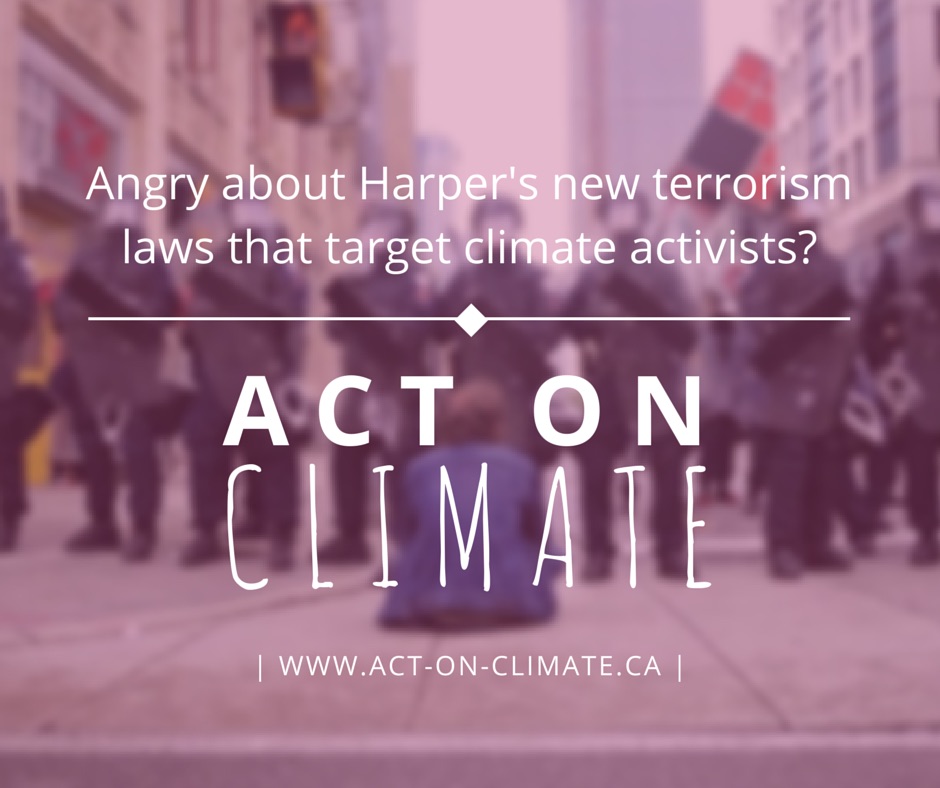The country pledges for the Paris 2015 climate summit aren’t adding up yet to stop the planet’s temperature increasing by more than two degrees Celsius.
The Guardian reports, “That is the stark conclusion of a report by a team led by British economist Nicholas Stern. The group, based at the Grantham Research Institute on Climate Change at the London School of Economics, concludes that action planned by countries — in particular the European Union, the U.S. and China — will still leave the world emitting 20 billion tonnes of carbon a year in excess of levels needed to prevent global warming from having devastating consequences.”
That article adds, “The EU has proposed cutting its carbon emissions by 40% of 1990 levels by 2030, while the U.S. has announced that it intends to cut emissions by 26%-28% of 2005 levels by 2025. At the same time China has said it plans to stop its emissions rising beyond 2030. The group worked out how much carbon the EU, U.S. and China — if they keep their promises — would then be putting into the atmosphere by 2030 and concluded that they would, in total, be emitting 21-22 billion tonnes a year.” The rest of the world would emit about 34 billion tonnes a year.
The conclusion? “This gives a likely carbon emissions output of 55-56 billion tonnes a year by 2030. However, the maximum emissions target that has a reasonable chance of curtailing temperatures at 2C has been calculated as having a median value of about 36 billion tonnes.”
And Open Democracy has commented, “Cambridge University number cruncher Chris Hope concluded that if the European Union countries cut emissions by 40 percent by 2030 (as they have pledged), if the rest of the developed countries follow the U.S. commitment, and if the developing countries follow China’s promise, the most likely result will be a global temperature rise of 3.6 degrees Celsius in 2100.”
What’s Canada’s part in this?
The Canadian Press has reported, “Provincial governments confirm Environment Canada has been collecting greenhouse-gas reduction measures from across the country as the federal government works toward an end-of-March deadline to ante up for the summit in Paris. …Countries participating in COP21, as December’s UN climate conference is known, have been asked to relay their ‘intended nationally determined contributions’ by March 31. These will serve as a starting point for climate change negotiations that are supposed to conclude with a successor to the 2009 Copenhagen Accord.”
The Harper government’s record on climate change has been, simply put, terrible. The article adds, “Under the Copenhagen agreement, the Harper government committed Canada to cut greenhouse gas emissions 17 per cent below 2005 levels by the year 2020 — a national target even Environment Canada has concluded won’t be met.” And with its pursuit of tar sands expansion, new export pipelines, support for liquefied natural gas terminals and more, there isn’t reason to believe it will do better at or after Paris.
Our task, steep as it may be, is to make Canada’s pledge in Paris match the scientific requirements to avert a climate catastrophe.
One moment for this will be to mobilize on April 11 in Quebec City when the provincial and territorial premiers will meet to discuss climate change, a national energy strategy and commitments for the Paris climate summit. Another (ongoing) moment for us will be to continue to work to stop the Energy East pipeline (which would be responsible for about 32 million tonnes of greenhouse gas emissions a year), the Trans Mountain pipeline (at about 270 million tonnes over 35 years), the LNG agenda (given just five LNG terminals would add 28 million tonnes a year), the Site C dam (at 150,000 tonnes a year) and other unsustainable, climate-killing endeavours. We will also need to make the climate an issue in the upcoming federal election scheduled for October 19. The government we elect will be in Paris just six weeks after the election. And we will collectively need to develop a credible strategy to intervene in Paris for the climate summit, which runs from November 30 to December 11.




